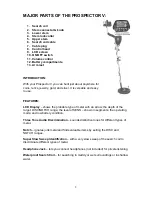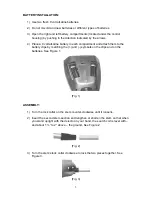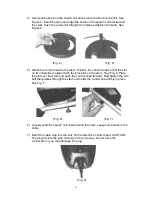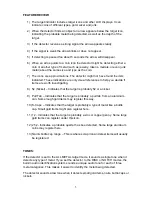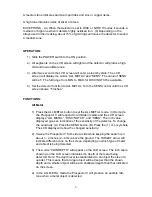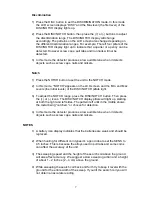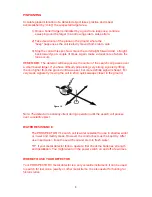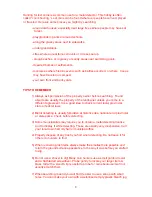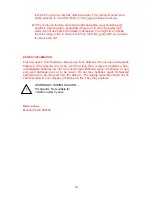
9
Hunting for lost coins is a common use for a metal detector. This hobby is often
called “coin shooting.” Lost coins can be found wherever people have lived, played
or traveled. Here are some places you might try searching:
- around old houses, especially near large trees where people may have sat
to rest.
- playgrounds in parks or around schools.
- along the grassy areas next to sidewalks.
-
under
grandstands.
- sites where annual fairs, carnivals or circuses set up.
-
along beaches, or in grassy or sandy areas near swimming pools.
- deserted homes or settlements.
- local areas where historic events such as battles occurred, or where troops
may have traveled or camped.
- your own front and back yards.
TIPS TO REMEMBER
1) Always ask permission of the property owner before searching. Found
objects are usually the property of the landowner unless you come to a
different agreement. It is a good idea to check current local, provincial,
state or federal laws.
2) Metal detecting is usually forbidden at historic sites, national and provincial
or state parks. Check before detecting.
3) Some municipalities may require you to obtain a metal detecting license
and to display it while detecting. These are usually very inexpensive. Call
your local town hall, city hall or municipal office.
4) Properly dispose of any trash you find when detecting. Do not leave it for
other coin hunters to find.
5) When recovering lost items always make the smallest hole possible and
return the ground surface appearance to the way it was before you started
to dig.
6) Do not use a shovel to dig! Many coin hunters use a small garden trowel
and a flat bladed screwdriver. Probe gently to locate your target item. A
brass rod with a smooth tip is useful to probe for coins because it will not
usually scratch them.
7) When searching in sand you will find it easier to use a scoop with small
holes. You can make your own with a well-rinsed empty plastic bleach jug


